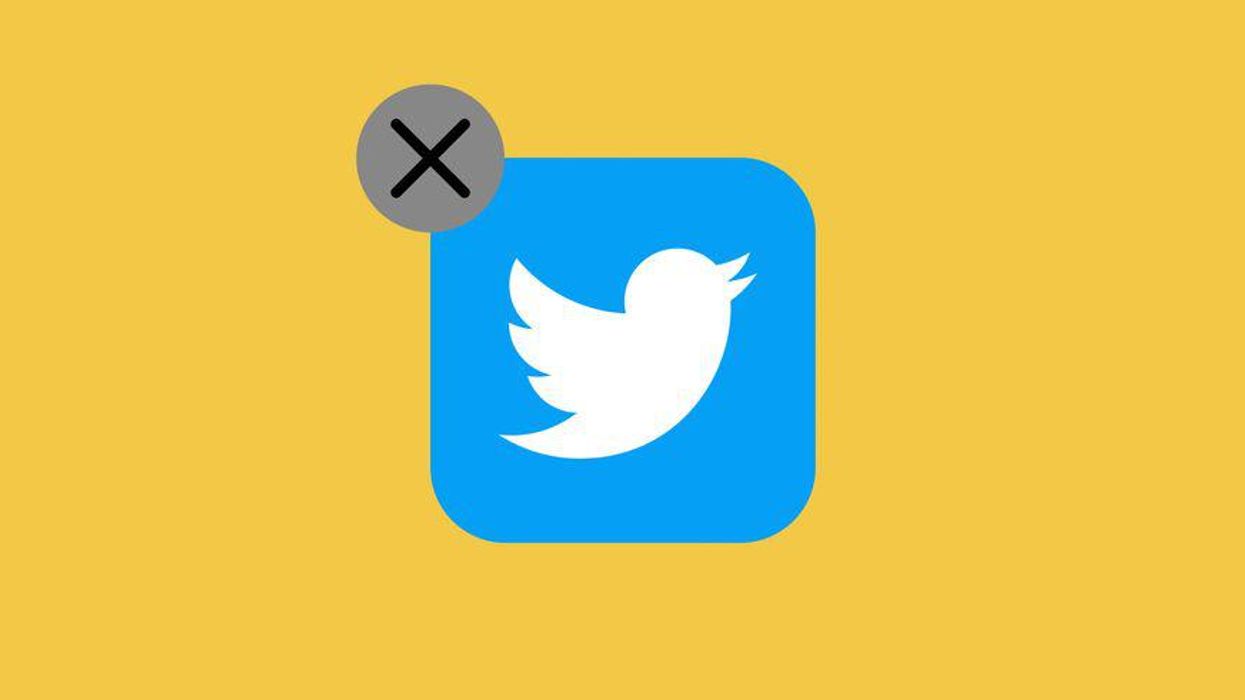The past week has been awash with statements and commentaries on the suspension of Twitter operations by the federal government. The government had suspended the social media platform after it deleted a section of a statement made by President Muhammadu Buhari. Twitter claimed that it deleted the tweet because it constituted hate speech.
In the tweet, the president made reference to the ugly memories of the Nigerian civil war which raged on between 1967 and 1970, and told criminals causing problems in the South-East region of the country that the authorities will deal with them ‘’in the language they understand’’.
- June 12: Peaceful protests, rallies rock states
- Real reasons we cut onion supply to South – Producers
Announcing the suspension, the Minister of Information and Culture, Alhaji Lai Mohammed, cited persistent use of the platform for activities that are capable of undermining Nigeria’s corporate existence. He insisted that the platform’s mission in Nigeria is suspicious.
In the statement signed by the Special Assistant to the President (Media) Office of the Minister of Information and Culture, Mr Segun Adeyemi, the minister said the federal government had also directed the National Broadcasting Commission (NBC) to immediately commence the process of licensing all OTT and social media operations in Nigeria.
As a microblogging platform, Twitter has a wide global reach and influence. It is a convenient platform to send short, effective messages which makes it quite popular with its users ranging from the highest and lowest members of society. In Nigeria alone Twitter has about 40 million such subscribers, easily making it among the most popular of such platforms.
So, it is not surprising that its issue garnered so much attention. While some persons supported the government, the majority of Nigerians were of the view that the matter could have been handled differently. The Newspaper Proprietors’ Association of Nigeria (NPAN), Nigerian Guild of Editors (NGE), and the Nigeria Union of Journalists (NUJ) condemned the federal government’s action.
While NPAN noted that Twitter may have been hasty in sanctioning the president and has shown the uneven application of its rules against separatists like Nnamdi Kanu, it said, “however, the Newspaper Proprietors’ Association of Nigeria thinks that the suspension of Twitter’s operations by Nigeria is wrong and an overreaction. The action will not win us, friends, as the closure of public space limits public discourse and democratic advancement. It is a futile exercise in any case, as other platforms are more likely to suspect Nigeria’s intentions towards democratic tenets and act adversarially towards Nigeria.”
Other groups including the international community in Nigeria also expressed concern over the action.
Nigeria is part of the global village and whatever action it takes has a far-reaching effect beyond its shores, which therefore calls for caution.
With Twitter’s reach and influence comes responsibilities, especially as regards the peddling of fake news and hate speech capable of causing disaffection. Unfortunately, the platform has not been able to effectively manage that. In fact, it has shown double standards in its activities on several occasions where it left some statements by certain people, even where such statements were injurious to Nigeria’s image and security. That begs the question of whether indeed its regulations are borne out of genuine efforts to check hate speech or if there is a hidden agenda behind its actions. Also, Twitter cannot independently appoint itself as a hate speech regulator for countries across the world without putting into context how, where and when certain speeches were made. There is therefore a need for the platform to properly regulate itself.
However, the federal government left it too late. Like it is common with Nigeria’s government, actions are not taken as at when due. If the federal government had engaged the platform in the past when it allowed incendiary statements by certain persons, we will not have gotten to this place. All the times Twitter allowed its platform to be used to make statements that jeopardised the country’s unity, it should have been sanctioned. If that had been done, the situation will not have degenerated to this point. And the fact that the suspension only came after the platform did something that directly affected the president did not help the situation. It appeared like the federal government only acted to protect the image of the president as a person rather than showing concern at the greater damage done to the country by the platform.
This is a lesson for the government, action should be taken as things happen and also they should be well-thought-out with emphasis on the implications of such action. This is because the suspension does not help Nigeria’s image in the international community just as some businesses are already feeling the impact. There are other ways the platform could have been sanctioned.
It is a good thing that Twitter has reached out to the federal government and that talks are ongoing, we call for a quick resolution of the issue. Twitter must be made to understand its boundaries. We hope that in the end, it will be a win-win situation for both parties. This should also serve as a warning to all social media platforms that they must find ways to check statements that are posted and show respect for the sovereign rights and sensitivities of Nigerians.

 Join Daily Trust WhatsApp Community For Quick Access To News and Happenings Around You.
Join Daily Trust WhatsApp Community For Quick Access To News and Happenings Around You.


